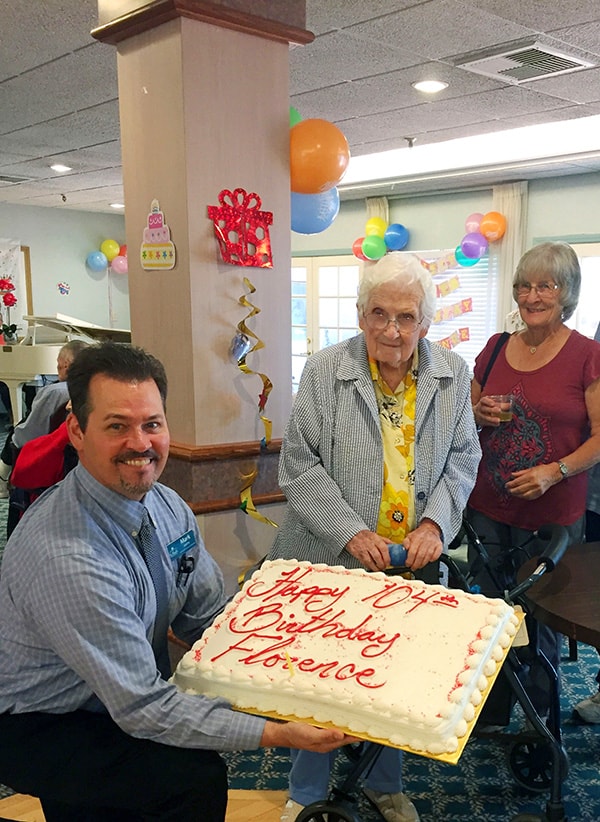

The Villa on Bankers Hill, recognized as a Top San Diego Assisted Living Community by the San Diego Union-Tribune, offers beautiful assisted living and memory care options just two blocks from Balboa Park. We provide essential services, including diabetic care, medication management, and support with daily activities. Families appreciate our welcoming atmosphere with private apartments, 24-hour nursing staff, and a secure area for memory care.

When exploring memory care facilities in San Diego, the level of specialized care and the expertise of the staff should be a top priority. A facility that excels in memory care will have a compassionate, well-trained team that is knowledgeable about dementia and Alzheimer's disease. Look for certifications or training programs that the staff has completed, which ensures they are equipped with current best practices to manage cognitive impairments effectively. The ratio of caregivers to residents is also crucial; a lower ratio means more personalized attention and better supervision for your loved one.
The design of the facility plays a significant role in promoting independence while ensuring safety for individuals with memory issues. Secure outdoor spaces, such as gardens or walking paths, allow residents to enjoy nature without risk of wandering off-property. Inside, look for an environment that minimizes confusion and overstimulation—clear signage, ample lighting, and simple layouts assist residents in navigating their living space comfortably. Additionally, check whether there are engaging activities tailored to various cognitive levels to keep residents active both mentally and physically.
Each individual's experience with memory loss is unique; therefore, personalized care plans are essential when selecting a memory care facility. Ensure that the assessment process is thorough so that all health conditions, preferences, routines, and interests are taken into account when creating an individualized plan. The plan should be flexible enough to adapt as the resident's needs change over time. Moreover, family involvement should be encouraged—a good facility will often provide updates on progress and include family members in care planning discussions.
Caring for someone with dementia goes beyond what happens within the walls of a facility—it affects entire families who need support too. Facilities that offer educational resources, support groups or counseling services demonstrate an understanding of this dynamic. These resources can help families cope with their loved ones' conditions while fostering a collaborative approach to their loved one’s well-being. By choosing a supportive community-focused facility in San Diego, you ensure not just quality care for your relative but also peace of mind for yourself knowing you have access to guidance whenever needed.
| Facility Name | Description |
|---|---|
| Belmont Village Memory Care | Specializes in memory care with innovative programming and compassionate staff. |
| Spring Hills Memory Care | Offers engaging activities and support for residents with memory impairments. |
| Artis Senior Living | A memory care community focused on meaningful interactions and support. |
| Elmcroft Memory Care | Provides a safe environment for residents with Alzheimer’s and other dementia-related conditions. |
| Riverwalk Memory Care | Offers personalized care and support for those with memory-related challenges. |